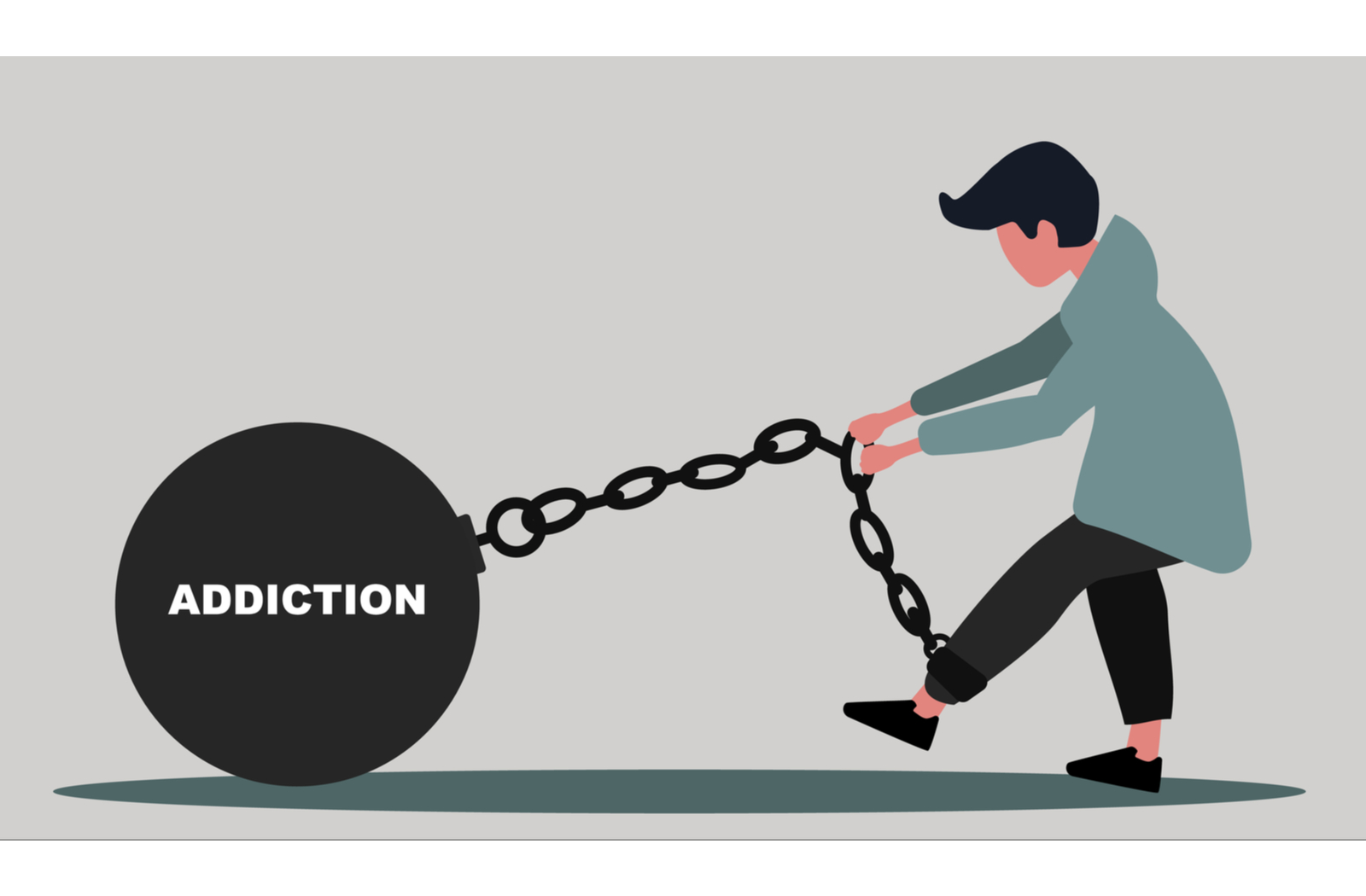Supporting Friends with Addiction: Aristotle and Virtue Ethics
Key Takeaways
- Virtue ethics, as proposed by Aristotle, emphasizes developing virtuous qualities for leading a fulfilling life.
- Addiction is a complex issue that requires empathy, understanding, and the application of ethical principles.
- Supporting friends with addiction involves fostering virtues such as patience, compassion, and empathy.
- By cultivating virtues, we can provide meaningful assistance and contribute to their journey of recovery.
Introduction
In the pursuit of a purposeful life, we often find ourselves facing challenges that test our values and principles. One such challenge is supporting friends who are grappling with addiction. Aristotle, a renowned philosopher, introduced the concept of virtue ethics as a guide to living a fulfilling life. This article delves into the intersection of Aristotle's philosophy and the compassionate support we can offer to friends in the throes of addiction.
The Virtue Ethics Framework
Aristotle's virtue ethics revolves around cultivating virtues that enable individuals to achieve eudaimonia, a state of flourishing and well-being. Virtues are character traits that lie between excess and deficiency, striking a balance in behavior and emotions. By nurturing virtues like courage, compassion, and wisdom, individuals can lead a life aligned with their higher purpose. The concept of virtue ethics goes beyond mere rule-following, encouraging us to embody qualities that reflect our character.
Understanding Addiction: A Complex Struggle
Addiction is a multifaceted challenge that encompasses physical, psychological, and social dimensions. Approaching it with an ethical mindset requires acknowledging the complexity of the struggle. Addiction often arises from a combination of factors, including genetic predisposition, environmental influences, and personal circumstances. It's not merely a matter of willpower; it's a battle against powerful forces that hijack the brain's reward system.
Virtue Ethics in Supporting Friends with Addiction
When supporting friends battling addiction, Aristotle's virtue ethics offers valuable insights. Compassion and empathy are essential virtues to guide us in understanding their pain and challenges. Patience becomes crucial as recovery is a gradual process, often marked with setbacks. By exercising courage, we can address the issue directly and help our friends seek the necessary treatment. Moreover, temperance helps us maintain a balanced approach, avoiding judgment while encouraging responsible choices.
Applying Virtue Ethics: Practical Steps
-
Compassionate Listening: Engage in active listening without judgment, providing a safe space for your friends to share their feelings and experiences. Let them know they're heard and valued.
-
Empathetic Understanding: Put yourself in their shoes to grasp the emotional turmoil they're undergoing, fostering a deeper connection. This empathy shows them that they're not alone in their struggle.
-
Patience and Perseverance: Recognize that recovery takes time and setbacks are part of the journey. Stand by your friends, offering unwavering support even in difficult times.
-
Encouraging Positive Choices: Gently guide them toward healthier alternatives and activities that align with their well-being. Celebrate their progress, no matter how small.
Frequently Asked Questions
Q1: How can I balance being supportive without enabling my friend's addiction?
A1: Balancing support and avoidance of enabling requires clear communication. Express your concern while emphasizing that your support is rooted in their well-being and recovery.
Q2: Is tough love a virtuous approach when dealing with addiction?
A2: Tough love can be counterproductive, as it may lead to feelings of isolation for your friend. Approach them with compassion and understanding, emphasizing their worth and potential for recovery.
Further Reading
For a deeper understanding of addiction and virtue ethics, consider exploring these external resources:
Conclusion
Supporting friends with addiction is a testament to the application of virtue ethics in real-life situations. By embodying virtues such as compassion, empathy, patience, and temperance, we can contribute meaningfully to their journey of recovery. Let us strive to understand the depths of their struggle and extend a helping hand rooted in Aristotle's timeless wisdom.
Call to Action: Share your thoughts on how virtue ethics can shape our approach to supporting friends with addiction. Your insights might inspire others to adopt a more compassionate and ethical stance. Additionally, if you're interested in exploring more philosophical perspectives on addiction, check out these relevant articles: Love Through the Eyes of Ayn Rand and AI as Mirror: What Our Creations Say About Us.

Comments
Post a Comment